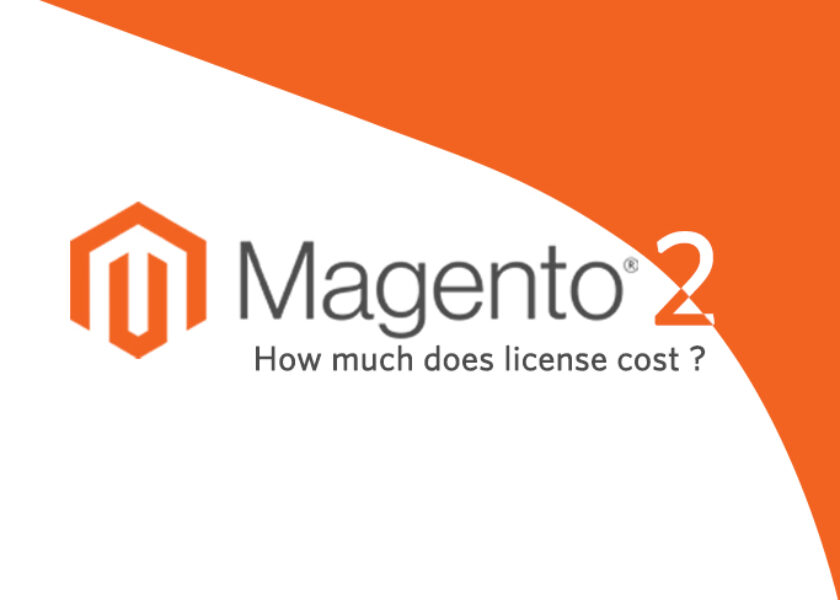Magento 2 SSL Certificate: How to Install on B2B Website?
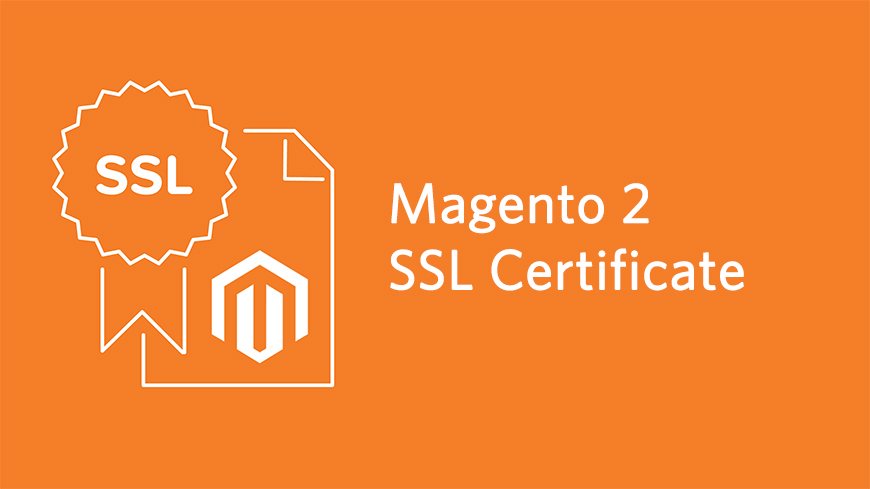
Does Magento 2 B2B website need an SSL certificate? How much is appropriate for your budget management? Is Magento 2 SLL configuration complicated? Let’s check it out.
Contents
What is an SSL Certificate?
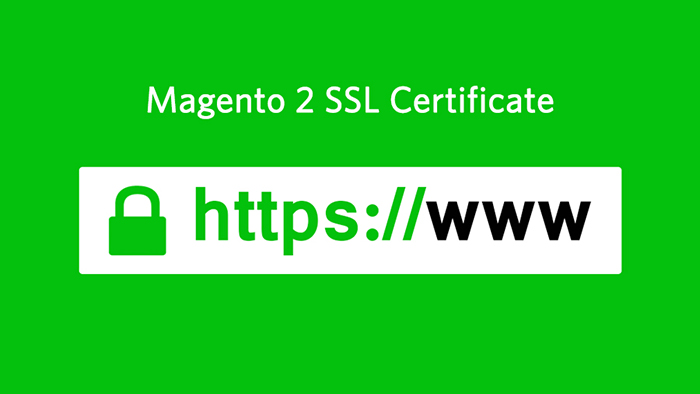
The SSL Certificate (Secure Sockets Layer) is basically a tiny data file that acts as a security qualification for your domain/website. It contains a public cryptographic key and a private one that was bound with the registered organization, which would allow you to change the normal HTTP protocol to a much more secured one named HTTPS protocol (with the S stands for Security).
In short, the public cryptographic key encrypts any information passthrough your public domain to the long string of numbers, which are hard to break even for hackers.
Why is it important to Magento B2B Website?
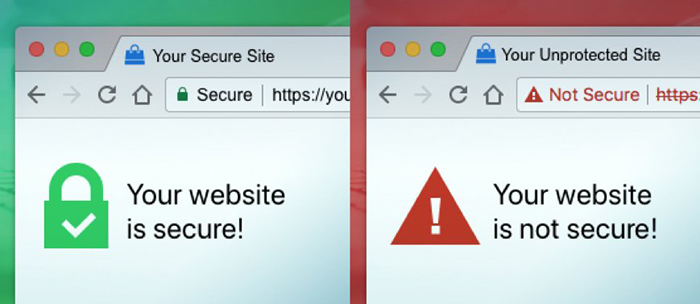
READ MORE about Magento 2 web hosting for B2B ecommerce HERE!
SSL Certificates enable various security checks for safer checkout, secured transactions between servers, which is why the certificate is important to an ecommerce website, especially B2B stores where each order has incredibly high values.
Besides, since Google explicitly notifies users when entering a website that doesn’t have secured HTTPS protocol, an SSL certificate could easily erase any doubt in a customer’s mind about order security.
Furthermore, if most of your wholesale customers came from Google results, an SSL Certificate is definitely a worthy investment for your website. It enhances the search result for your store on Google by miles since HTTPS is confirmed to be one of the concrete requirements for high rankings.
How much is an SSL Certificate for Magento Website?
There are 3 types of SSL Certificates that you should be aware of.
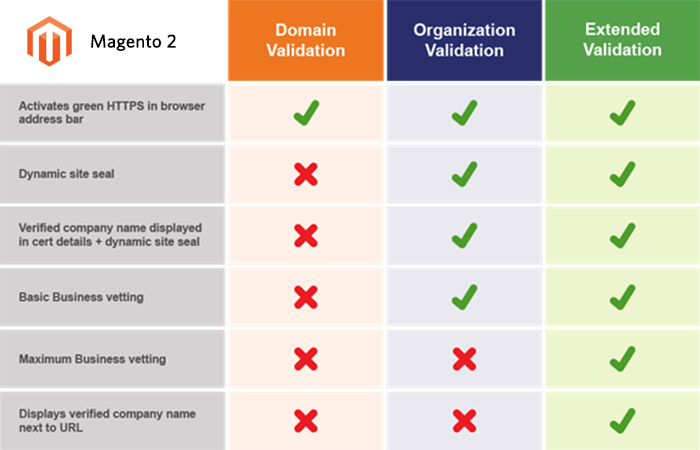
CHECK OUT the pricing plan for a Magento 2 website development!
1. Domain Validation (DV)
Domain validation is the SSL certificate that only verifies the external information, which suits personal blogs and the likes that don’t collect user data.
For businesses, sensitive information that customers input to your website might not be protected from leaking out with this type of certificate. A domain validation certificate only cost around $20 – 50$/year at most.
2. Organization Validation (OV)
An organization validation certificate secures both your internal and external information on the website, which suited small and medium-sized businesses.
The organization validation certificate costs around $300 – $400 per year with a high warranty depends on the issuer in case of failed encryption or certified authority’s revocation.
3. Extended Validation (EV)
Extended validation is the most suited certification for ecommerce website, especially Magento 2 B2B website. The SSL certificate has three validation levels, which allows it to verify and secure most of the information that passes through your website and a huge warranty from the certified authority of up to $1.8 million.
The cost for an extended validation SLL certificate is $500 – $600 per year.
How to install SSL Certificate on Magento 2?
Magento 2 SSL configuration isn’t complicated as you think. If you already have an SSL certificate for your domains, to enable it on Magento 2, follow our instructions below:
Login to your admin account on Magento 2 Backend. Then navigate to Store, click on Configuration.
Continue navigating to the General section, open the dropdown menu and click on Web.
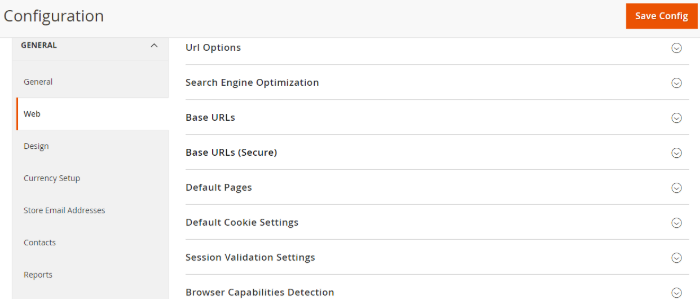
After the display page appears, look for the Base URLs (Secure) and click on the text box to change http:// to https://

To make all pages accessible only via HTTPS protocol, select Yes in the Use Secure URLS on Storefront option.

To make the backend accessible via HTTPS, choose Yes in the field Use Secure URLS in Admin. Don’t forget to click the Save button to save the changes above.
[wptb id=1449] [wptb id=1447]
